Tinubu, Akpabio, and Others Face Lawsuit Over Alleged Unlawful Removal of CCT Chairman
President Bola Tinubu, Senate President Godswill Akpabio, and Attorney-General of the Federation Lateef Fagbemi have been sued over the alleged unlawful removal of Justice Danladi Umar as Chairman of the Code of Conduct Tribunal (CCT).
The lawsuit, filed by two civil society groups—Community Rescue Initiative and Toro Concerned Citizens Relief Foundation—alongside Abuja-based lawyer Comrade Nasir Bala, challenges the legality of Umar’s removal, claiming it violated constitutional provisions and due process.
The plaintiffs are asking the Federal High Court in Abuja to restrain the Clerk of the National Assembly from forwarding the Senate and House of Representatives’ concurrent resolution on Umar’s removal to President Tinubu. Additionally, they seek an order preventing the President from implementing the resolution, arguing that the provisions of the 1999 Constitution were not adhered to.
Filed under case number FHC/ABJ/CS/1796/2024, the plaintiffs, represented by lawyers Mahmoud M. Maidoki, A.G. Salisu, Jibrin S. Jibrin Baq, and Abubakar S. Idris Bag, seek seven declaratory reliefs against the defendants.
Key Legal Issues Raised
The plaintiffs request the court to determine whether Umar’s removal, allegedly orchestrated during National Assembly plenary sessions on November 20 and November 26, 2024, complies with Sections 1(1), 6(5), 153(1)(e), and 157(1) of the 1999 Constitution. They argue that the removal breached the Code of Conduct Bureau and Tribunal Act and the Fifth Schedule of the Constitution.
If the court rules in their favor, the plaintiffs want Umar’s removal declared unconstitutional, illegal, and void, emphasizing that the legal framework for such action was disregarded.
Court Orders Substituted Service
Justice James Omotosho, presiding over the case, has ordered that all legal documents be served via substituted means. These include pasting notices at the court’s notice board, the All Progressives Congress (APC) secretariat, and the Office of the Secretary to the Government of the Federation.
The case highlights the tension between Nigeria’s executive and legislative branches and the judiciary’s role in upholding constitutional safeguards for public officeholders.
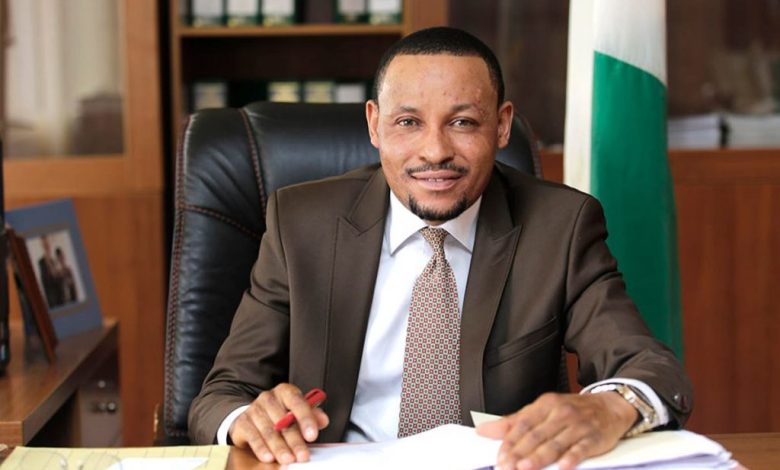

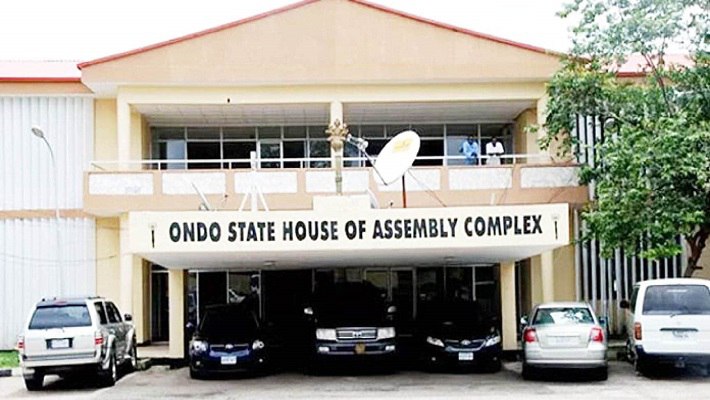

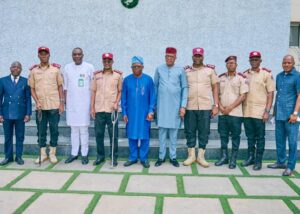
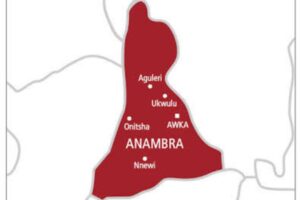



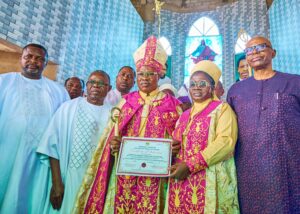



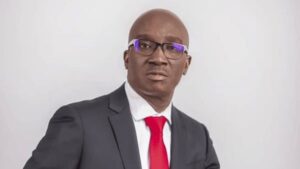
Post Comment